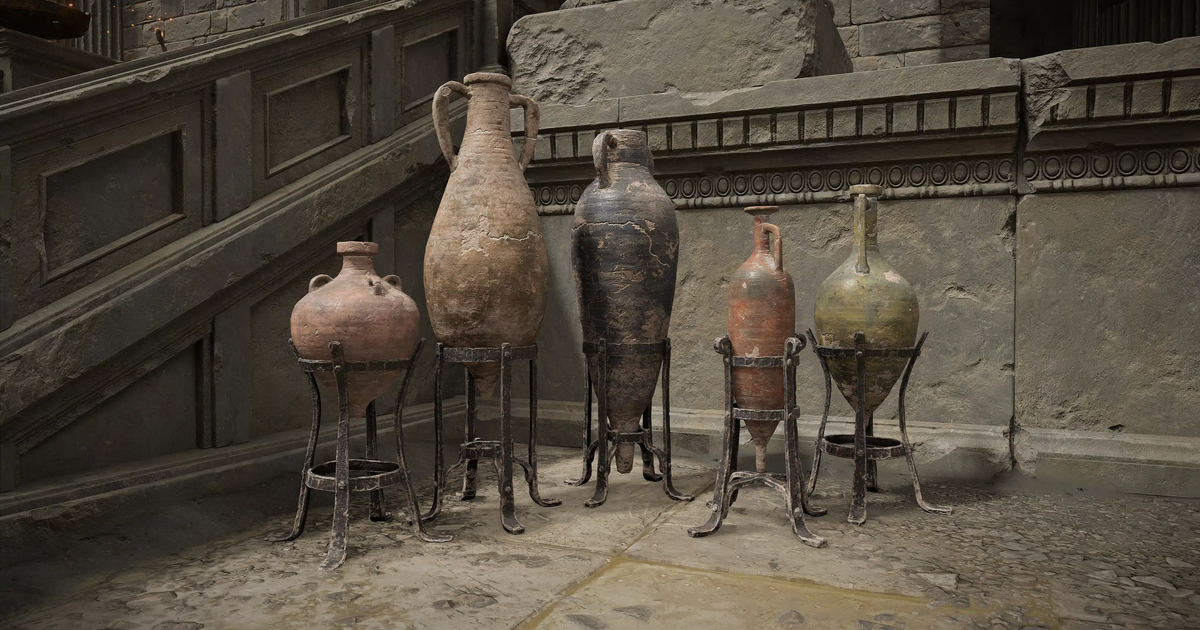The US has imposed sanctions against three Palestinian human rights groups that asked the international criminal court (ICC) to investigate Israel over allegations of genocide in Gaza, according to a notice posted to the US treasury department’s website.
The three groups – the Gaza-based Palestinian Centre for Human Rights and Al Mezan Center for Human Rights, and the Ramallah-based Al-Haq – were listed under what the treasury department said wereICC-related designations.
The groups are leading rights monitors in Palestine and have been engaged in documenting alleged Israeli war crimes in Gaza over the past 23 months. Sanctions will make it harder for international human rights organisations to cooperate with the groups, and will make day-to-day life more difficult for their employees.
The US secretary of state, Marco Rubio, said sanctions were imposed on the rights monitors for having “directly engaged in efforts by the international criminal court to investigate, arrest, detain or prosecute Israeli nationals, without Israel’s consent”.
Days earlier, the world’s leading genocide scholars’ association said Israel’s actions in Gaza met the legal definition of genocide, an accusation Israel has denied.
The groups asked the ICC in November 2023 to investigate Israeli airstrikes on densely populated civilian areas of Gaza, the siege of the territory and displacement of the population.
Since filing the lawsuit, the humanitarian conditions in Gaza have worsened significantly, with the territory facing a starvation crisis and more than 80% of its infrastructure destroyed by Israeli bombing. At that point, nearly 10,000 Palestinians had been killed in Gaza – the number of dead is now more than 64,000.
The three rights organisations released a joint statement condemning the sanctions, which they described as an “immoral, illegal and undemocratic act”.
In their 2023 lawsuit, the three Palestinian groups asked the court to examine factors including Israel’s bombing of densely populated areas in Gaza and prevention of aid into the territory, claiming the actions amounted to crimes against humanity and incitement to genocide.
A year later, the ICC issued arrest warrants for the Israeli prime minister, Benjamin Netanyahu, and his former defence chief Yoav Gallant, as well as a Hamas leader, Ibrahim al-Masri, for alleged war crimes and crimes against humanity.
Netanyahu’s office denounced the warrants as “antisemitic” and said Israel “utterly rejects the false and absurd charges”.
Donald Trump’s administration has imposed sanctions against ICC judges as well as its chief prosecutor over the Israeli arrest warrants and a past decision to open a case into alleged war crimes by US troops in Afghanistan.
The ICC, which was established in 2002, has jurisdiction over war crimes, crimes against humanity and genocide in its 125 member countries. Some nations, including the US, China, Russia and Israel, do not recognise its authority.
after newsletter promotion
Despite 124 countries being obliged to carry out the arrest warrants, in practice, states such as Hungary have not arrested Netanyahu when he visited.
Israel also faces a case at the international court of justice brought by South Africa, which alleges that Israel is committing genocide in Gaza. Unlike the ICC, rulings from the ICJ are not legally binding but instead are used to inform the UN security council.
In an interim judgment in January 2024, the ICJ ruled that the claim of genocide was “plausible” and ordered Israel to stop acts of genocide and to allow more aid into Gaza. A final ruling is not expected until 2027 at the earliest.
Israel has almost entirely ignored the ICJ’s provisional measures and has reduced the amount of aid let into the territory since the ruling.
Israel launched its assault on the Gaza Strip in October 2023, after fighters from Hamas, the Palestinian militant group in control of the territory, attacked southern Israel, killing 1,200 people and taking 250 hostages back into Gaza.
Since then, Israel’s war has killed 64,000 people, forced most of Gaza’s population to flee their homes at least once, and set off a starvation crisis in parts of the territory that a global hunger monitor described as a famine.
Source link

